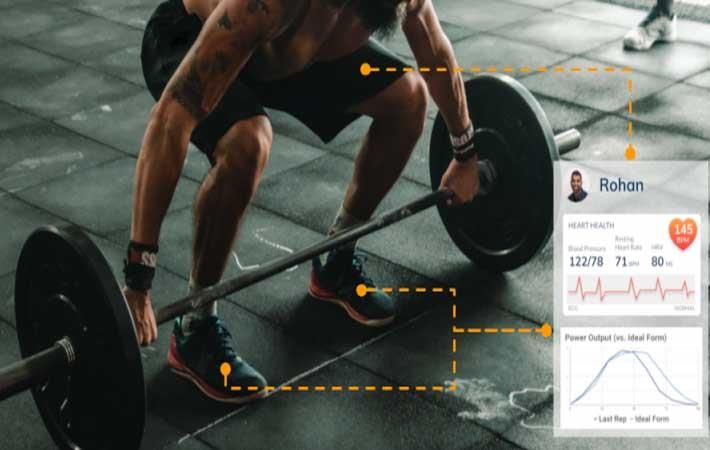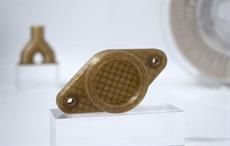Myant has set up a dedicated laboratory in its Toronto-based facility to develop next-generation connected performance solutions enabled via textiles that sense and react to the human body. The lab aims to bring together experts at the intersection of applied sports science, electrophysiology, engineering, data science, behavioural science, and textiles.
The nexus of these disciplines brings forth a new degree of connectedness between athletes, their bodies, connected fitness equipment/devices and training / rehabilitation professionals, by taking the premise behind virtual workouts and going beyond by creating a fully bidirectional interface which empowers athletes to connect to training, recovery and previously unrealised levels of performance. The Connect to Conquer Performance Lab, to be situated in Myant’s Toronto-based facility, will be staffed by a newly hired team of experts across disciplines to realise a bold vision of the future of connected performance.Myant has set up a dedicated laboratory in its Toronto-based facility to develop next-generation connected performance solutions enabled via textiles that sense and react to the human body. The lab aims to bring together experts at the intersection of applied sports science, electrophysiology, engineering, data science, behavioural science, and textiles.#
One of the byproducts of the global pandemic has been the mass embracing of virtual fitness as a viable alternative to face-to-face training. While the restrictions put in place due to COVID-19 are unlikely to last forever, there is enough confidence in the trend to encourage the likes of Lululemon acquiring the connected fitness company Mirror. Meanwhile Peloton, and its connected workout bikes and treadmills that stream studio quality workouts, continues to build momentum as more and more consumers open up to the idea of remotely connecting to fitness.
While being able to access training remotely has been positive for many consumers, many limitations continue to exist. First and foremost the delivery of virtual training relies almost exclusively on audio-visual assessment and feedback, a setup that does not permit the trainer to physically interact with the athlete to correct form or measure performance. In the instances where complementary forms of performance measurement are integrated, they are typically very basic biometric measures like simply tracking heart rate. This limited window into the body’s performance makes virtual training unimpactful for serious athletes.
In scenarios where connected fitness equipment (like connected stationary bikes, treadmills, or workout mirrors) are used, the experiences typically feel disjointed as the user’s focus is on the visual interface, taking an athlete outside of the performance mindset. Tapping into the highest levels of performance requires a deep connection to the athlete not simply when training occurs, but throughout their entire day, week, month - life. Current solutions for connected training do not deeply integrate contextual activity and well-being (eg sleep, stress, nutrition, etc) into assessing, predicting, and optimising performance and recovery.
The future of connected performance will require a deeper connection between the athlete and their body, their lives, and the people and equipment/devices that help them unleash their potential. The ability to connect an athlete to whomever or whatever can create value for them (eg a training partner, a coach, an organisation, machine learning algorithms, one’s self, etc) and distribute those insights.
When textiles are knitted with the ability to sense and react to the body and connected to the cloud, they enable this vision of the future of fitness to become a reality. Over the past decade, Myant has built an ecosystem of technologies, capabilities and partners to enable this future, becoming the world leader in textile computing. This revolutionary ability is embodied in the form of Skiin, Myant’s connected clothing line designed to connect people to better health and well-being. Now, Myant wants to enable for athletic performance what it has already enabled for health and wellness.
By creating a direct interface to the human body across training, performance and recovery, Myant aims to create value based on four types of connections - Improve connection to self, Improve connection to performance professionals, Improve connection to community, and Improve connection to aspirations.
Skiin enables apparel to serve as the critical enabler, amplifying the impact that knowledge and resources and community have, as well as connecting athletes to their aspirations and their own bodies. Textiles that are powered by Skiin will reposition apparel as the key enabler of a new type of connectedness that amplifies the impact that knowledge, resources, communities (peers, trainers etc) and dreams have on an athlete.
Fibre2Fashion News Desk (SV)


